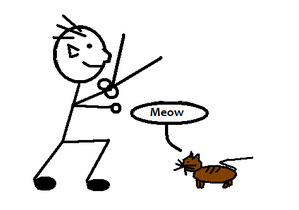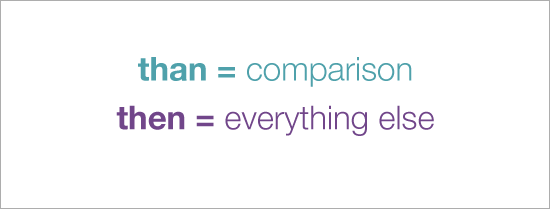
The Present Progressive describes what is happening right now, or in the extended present. Words often associated with the Present Progressive are: nowadays, this month, these days, this year, etc.
The Present Progressive is formed by using the verb BE + Verb-ING.
Example 1:
A: Where is Joey?
B: He is sleeping in the guestroom.
The Simple Present describes what generally happens (but not necessarily right now), and is used for describing facts. Words often associated with the Simple Present are: often, never, always, usually, etc. The Simple Present is formed by using simple subject-verb agreement.
Examples:
I usually wake up at 5:45am.
Coffee contains caffeine.
Water boils at 100 degrees Celsius.
Some verbs are not usually used in the progressive tense even when they describe an action that is happening right now. These are called ‘non-action’ verbs, or Stative verbs.
Stative verbs describe emotions (love, hate), mental states (remember, believe), wants (need, prefer), perceptions (hear, see), appearance (look, seem) and possession (have, own). Avoid the Present Progressive when using these verbs.
Examples:
I like to read.
I want a new laptop.
I don’t remember his name.
Author’s note:
Please keep in mind that these rules apply specifically to writing and in formal situations where judgement might be passed based on your use of language.
Feel free to speak how you wish in casual situations.



 RSS Feed
RSS Feed